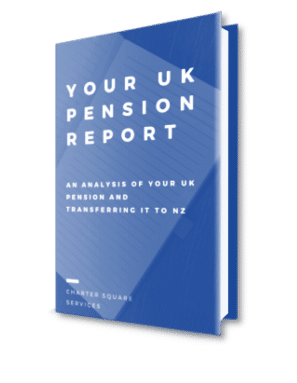The UK government is pushing for pension schemes to invest more heavily in British assets. While framed as a plan to boost growth, this shift has potential consequences for pension holders—especially those who no longer live in the UK.
Here’s what expats and internationally mobile pension savers need to know.
A UK Pension, But Not a UK Life
If you live abroad—whether you’re a retiree in New Zealand, a former NHS worker in Spain, or a mobile executive with a private pension—your savings are still tied to the performance of the UK pension system. But if the UK government pushes pension funds to prioritise UK-based investments, the geographic mismatch between your life and your retirement money could grow.
🚧 The New “Invest in Britain” Strategy
Recent proposals include:
- Mandating or encouraging large defined contribution (DC) pension schemes to invest in UK infrastructure, private equity, and even government bonds.
- Reducing global diversification in favour of home-market exposure.
- Using “reserve powers” to enforce minimum UK allocations if voluntary targets aren’t met.
It’s part of a wider push to anchor pension money in the domestic economy, as defined benefit (DB) schemes (which traditionally soaked up UK gilts) wind down.
What This Means for You
1. Reduced Global Diversification
Pension schemes may hold fewer global equities and instead buy UK infrastructure projects or invest in unlisted UK companies. While that could support the local economy, it:
- Reduces diversification (a key pillar of long-term risk management).
- Makes returns more sensitive to UK-specific risks—like political instability, sterling volatility, or property market shocks.
For expats, this means your money could become more correlated to a country you no longer live in.
2. Potential Return Trade-offs
The UK has underperformed global equity markets over the past decade. If funds are nudged toward UK assets for policy reasons—not performance—the long-term returns for savers could suffer.
That could affect:
- Future lump sums
- Annuity pricing
- Or your annual drawdown if you’re in a SIPP or similar plan.
3. Currency Mismatch Risk
If your pension becomes more UK-centric, but your retirement expenses are in euros, dollars, or New Zealand dollars, FX risk increases. You might find yourself:
- Hit harder by a falling pound.
- Needing to hedge currency risk independently (often at your own cost).
4. Exit & Portability Challenges
More illiquid domestic investments—such as private equity or infrastructure—can make it harder for pension schemes to:
- Offer early exits or transfers.
- Respond to regulatory changes in your new country of residence.
- Maintain flexibility in QROPS or international pension transfers.
If schemes become more UK-bound and illiquid, flexibility may be reduced.
Bottom Line
If you’re living abroad with a UK pension, the government’s push to “buy British” with pension money isn’t just abstract policy—it may affect the performance, flexibility, and risk profile of your retirement savings.
What You Can Do
- Review your pension’s asset allocation: Ask your provider how exposed your portfolio is to UK vs global assets.
- Factor in currency risk: Especially if you plan to retire outside the UK long-term.
- Stay alert to fund changes: If your scheme consolidates or changes strategy, make sure it still suits your needs.
- Seek advice: Especially for expat-specific tax or pension transfer questions.
This is an evolving policy space. What’s being sold as a growth strategy may feel—especially for pension holders abroad—more like a narrowing of options. We recommend if you have a UK pension that you seek professional advice. We are always here to help with any questions you might have around your UK pension.



